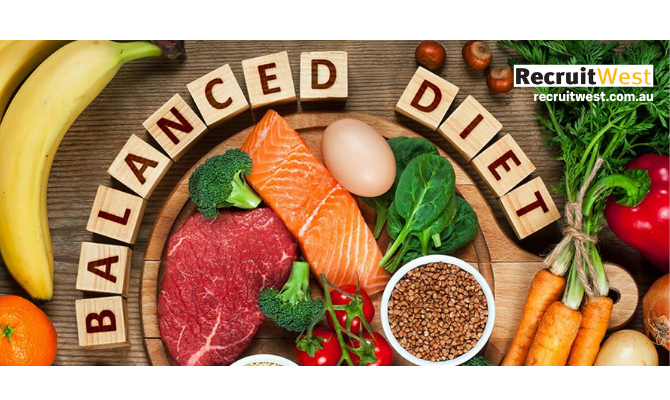If you want to live a happy and healthy life (and who doesn’t?) eating well is an essential ingredient.
A study recently found that people who eat well are significantly happier than those who eat a diet high in processed foods. The authors concluded that “fruit and vegetable consumption has beneficial effects on different indicators of well-being, such as happiness or general life satisfaction”.
Over the long term, the stakes are even higher.
A healthy diet reduces the risk of heart disease, cancer, and many other less fatal, but still unpleasant, diseases. Better yet, certain foods slow the ageing process and improve brain function as you get older.
So what should you eat?
Aim to eat a varied diet that’s low in sugar and fat, and packed with fresh fruit and vegetables.
At least 80% of what you eat should be whole foods. By this, we mean natural, unprocessed food. Basically, anything not produced in a factory.
Vegetables should be the major component of most meals you eat. Fish and white meats are also good. Red meat is fine, but eat it less frequently. Milk and yogurt are a great source of protein and calcium. While fruits are a delicious snack, packed with vitamins, minerals and anti-oxidants.
The ‘Mediterranean diet’ is often held up by nutritionists as the ideal. It consists of fruits, vegetables, extra-virgin olive oil, yogurt and cheese, nuts, whole grains, seafood and lean red meat, and almost no processed foods. This offers all the nutrients we need, while supporting good brain function and gut health.
For more information about specific foods you should include in your diet, check out this list of 50 super healthy foods.
Eating for weight loss
Diet is critical if you are looking to shed a few kilos.
The only way to get rid of excess fat is to create a daily calorie deficit. Essentially, you need to eat less and exercise more.
What you eat matters, but so long as you stick to a healthy, balanced diet, it also comes down to how much you eat.
Unless you are hitting the gym or running track especially hard, reducing portion sizes is essential. One trick that can help is to serve food on smaller plates. If you feel like seconds, wait twenty minutes before going back. By then, you may find you are satisfied.
What about coffee and alcohol?
What if you enjoy the occasional glass of wine, or can’t face the day without your morning brew?
There is absolutely no need to give these up. In fact, there’s evidence that both coffee and alcohol offer a number of health benefits, so long as you don’t over do it.
Coffee not only helps keep you alert, it reduces your risk of cancer, stroke and Parkinson’s disease. It’s also a great source of roughage and antioxidants. Drink more than you should, however, and the downsides outweigh the benefits, putting you at risk of certain cancers and cardiovascular disease.
Moderate intake of alcohol is also known to have a number of health benefits. It lowers the risk of heart disease, stroke and diabetes. In excess, the effects are profoundly negative, including high blood pressure, heart disease, stroke, liver disease, digestive problems and cognitive issues.
The AMA currently recommends drinking no more than ten standard drinks each week and never more than four in a day.


